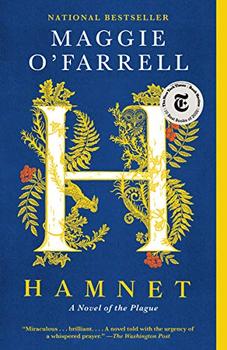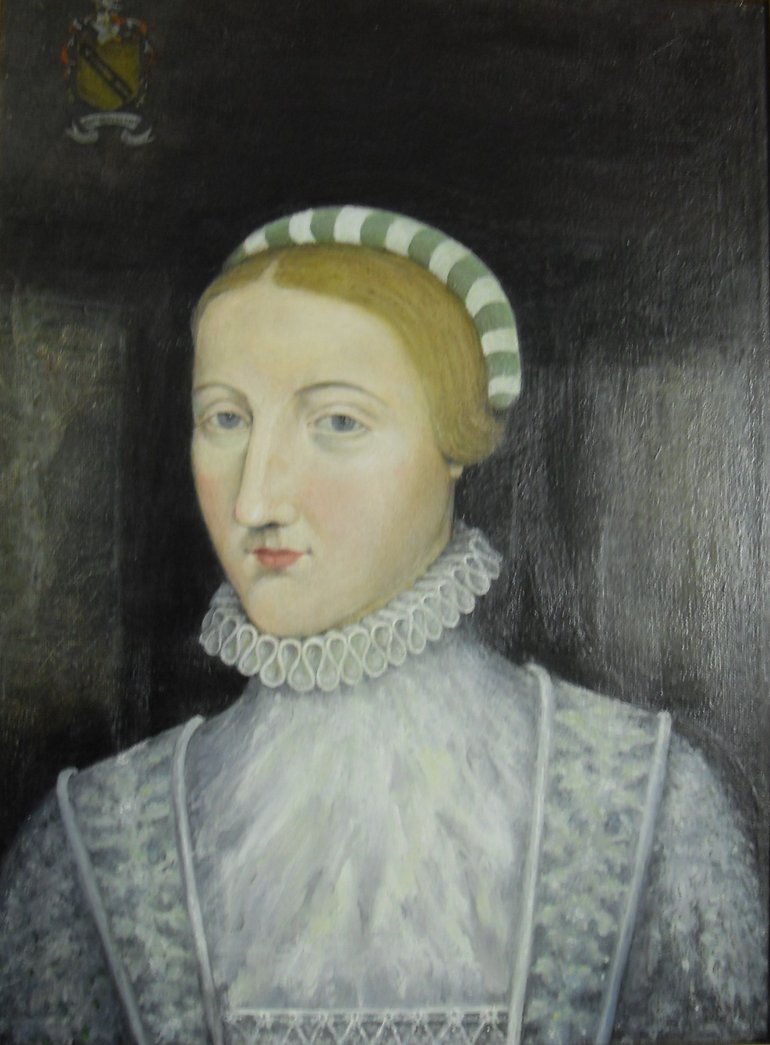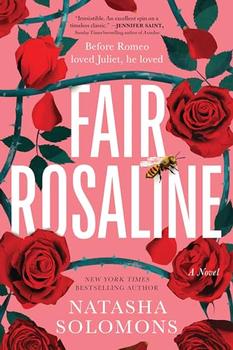Summary | Excerpt | Reading Guide | Discuss | Reviews | Beyond the book | Read-Alikes | Genres & Themes | Author Bio

"Of all the stories that argue and speculate about Shakespeare's life … here is a novel … so gorgeously written that it transports you." —The Boston Globe
England, 1580: The Black Death creeps across the land, an ever-present threat, infecting the healthy, the sick, the old and the young, alike. The end of days is near, but life always goes on.
A young Latin tutor—penniless and bullied by a violent father—falls in love with an extraordinary, eccentric young woman. Agnes is a wild creature who walks her family's land with a falcon on her glove and is known throughout the countryside for her unusual gifts as a healer, understanding plants and potions better than she does people. Once she settles with her husband on Henley Street in Stratford-upon-Avon she becomes a fiercely protective mother and a steadfast, centrifugal force in the life of her young husband, whose career on the London stage is taking off when his beloved young son succumbs to sudden fever.
The first two-thirds of the novel are split into a dual timeline, bouncing back and forth between the week of Hamnet's death (the present), and the blossoming romance between William and Agnes (the past). It's a tender yet fraught courtship, and the pacing here is slow and deliberate. The final third speeds up and takes place after the death of their son. Both parts are equally as successful — the languid pace is sustained by O'Farrell's lyrical prose, and the more frantic pace is made tense and urgent by it. O'Farrell imagines the subtler influences of Agnes and Hamnet on Shakespeare in a novel that's as intimate and human as it is grandiose...continued
Full Review
 (666 words)
(666 words)
(Reviewed by Rachel Hullett).
 Little is known about Shakespeare's family, names and birth dates aside — and even names are tricky. Though commonly referred to as Anne Hathaway, Shakespeare's wife may have actually been named Agnes, according to a will left by her father. O'Farrell makes the decision to use the name Agnes in her novel Hamnet, but she references this confusion in the narrative itself, in a scene where she introduces herself as Agnes but Shakespeare mishears her and thinks she said Anne.
Little is known about Shakespeare's family, names and birth dates aside — and even names are tricky. Though commonly referred to as Anne Hathaway, Shakespeare's wife may have actually been named Agnes, according to a will left by her father. O'Farrell makes the decision to use the name Agnes in her novel Hamnet, but she references this confusion in the narrative itself, in a scene where she introduces herself as Agnes but Shakespeare mishears her and thinks she said Anne.
The real Agnes, or Anne, was born in 1556, likely in a town called Shottery near Stratford, and was raised by father Richard, a local landowner, and stepmother Joan in a one-story farmhouse called Hewley Farm. There were eight children in their home, three by Anne...

If you liked Hamnet, try these:

by T. Kingfisher
Published 2024
From USA Today bestselling author T. Kingfisher, Thornhedge is the tale of a kind-hearted, toad-shaped heroine, a gentle knight, and a mission gone completely sideways.

by Natasha Solomons
Published 2024
The most exciting historical retelling of 2023: a subversive, powerful untelling of Romeo and Juliet by New York Times bestselling author Natasha Solomons.
Was the greatest ever love story a lie?